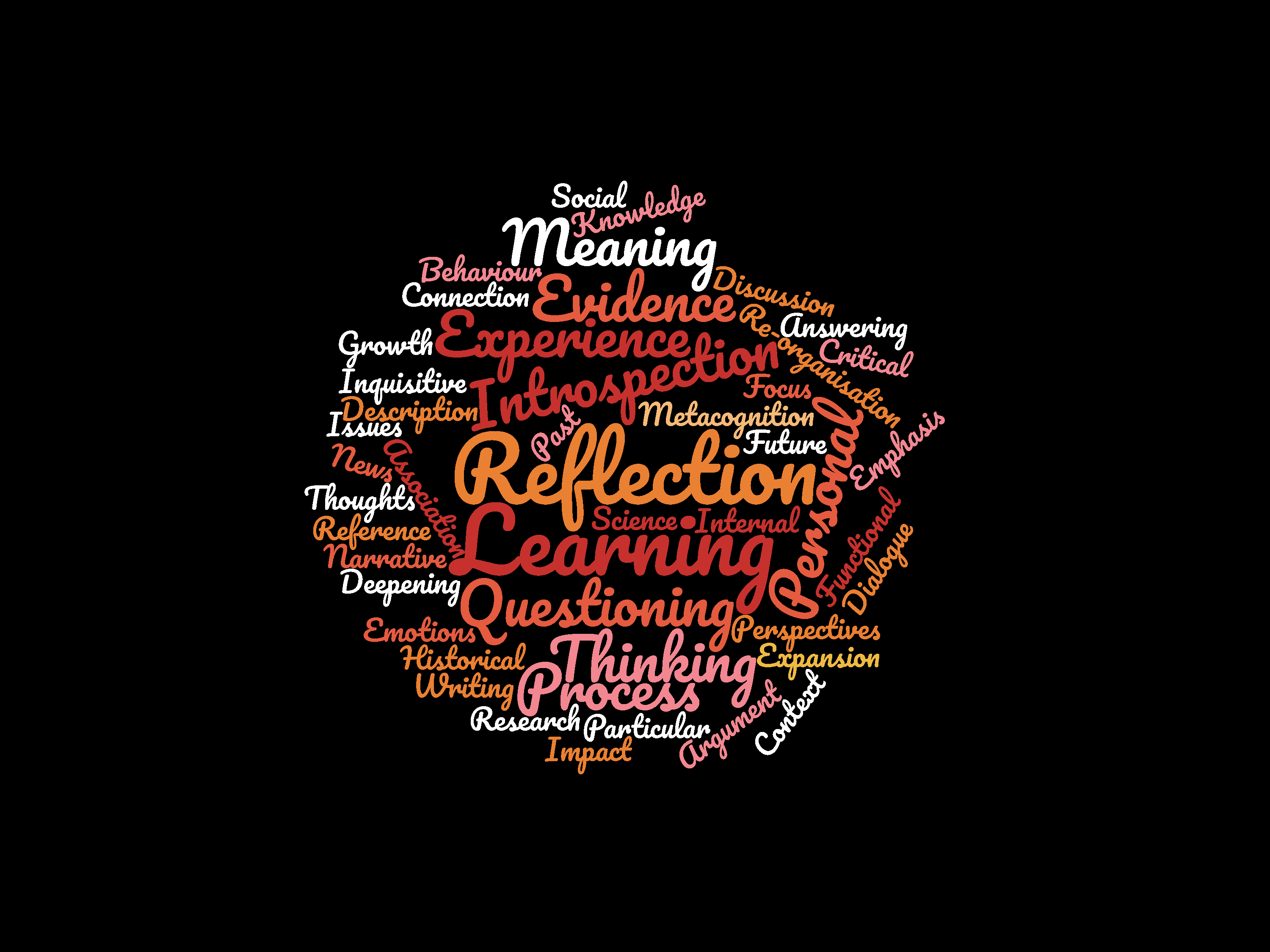
These are only some of the questions we will address: Can you modify your perception with a simple self-talk while focusing on your breathing pattern? To what extent your everyday behaviour is influenced by adverts and marketing messages? How easy is to implant a false memory? How powerful is the effect of an inert drug when we believe it does have a healing action?
This module will offer a broad overview of the most well-known psychological and neurophysiological phenomena linked to the famous adagio "believing is seeing". For instance, it will discuss perceptual illusions and stereotypes, or hypnotic suggestion and superstition. Findings will span from perception and memory to cognition and emotion. The module will introduce both psychological and neurological evidence, thus grounding even the most complex belief within cutting-edge research in social and cognitive psychology as well as social and cognitive neuroscience. The interdisciplinary approach will allow you to have insights into how beliefs and suggestions shape our biology.
There is no textbook; you will be expected to read several journal articles that report empirical research and theoretical discussion in the field. You will be asked to reflect on and critically assess the science of belief and suggestion. You will be expected to participate in learning activities in workshop- and seminar-based sessions.
In addition, you will be welcome to meet teaching staff in one-to-one sessions to further discuss the literature and plan extra-reading.
Aims
Researchers have long known that prior knowledge in the form of expectations and beliefs influences cognitions and behaviours. The aim of this module is to give a general understanding of how humans are influenced or self-influence their perception, memory, reasoning, and behaviour on the basis of their prior knowledge and information they are provided with. Being a very general and complex topic the module will harness the discussion on specific areas of enquiry as to provide the student with the best examples of psychological and neurological processes associated with suggestions and beliefs.
The focus will be on those phenomena that have robust empirical evidence and that have daily-life relevance and impact on our society.
Thus the ultimate goal of this module is to increase students' awareness and understanding of how suggestions and beliefs affect us and encourage critical thinking on empirical research as well as extending reflection on their personal life.
This module will offer a broad overview of the most well-known psychological and neurophysiological phenomena linked to the famous adagio "believing is seeing". For instance, it will discuss perceptual illusions and stereotypes, or hypnotic suggestion and superstition. Findings will span from perception and memory to cognition and emotion. The module will introduce both psychological and neurological evidence, thus grounding even the most complex belief within cutting-edge research in social and cognitive psychology as well as social and cognitive neuroscience. The interdisciplinary approach will allow you to have insights into how beliefs and suggestions shape our biology.
There is no textbook; you will be expected to read several journal articles that report empirical research and theoretical discussion in the field. You will be asked to reflect on and critically assess the science of belief and suggestion. You will be expected to participate in learning activities in workshop- and seminar-based sessions.
In addition, you will be welcome to meet teaching staff in one-to-one sessions to further discuss the literature and plan extra-reading.
Aims
Researchers have long known that prior knowledge in the form of expectations and beliefs influences cognitions and behaviours. The aim of this module is to give a general understanding of how humans are influenced or self-influence their perception, memory, reasoning, and behaviour on the basis of their prior knowledge and information they are provided with. Being a very general and complex topic the module will harness the discussion on specific areas of enquiry as to provide the student with the best examples of psychological and neurological processes associated with suggestions and beliefs.
The focus will be on those phenomena that have robust empirical evidence and that have daily-life relevance and impact on our society.
Thus the ultimate goal of this module is to increase students' awareness and understanding of how suggestions and beliefs affect us and encourage critical thinking on empirical research as well as extending reflection on their personal life.
- Module Supervisor: Elia Valentini